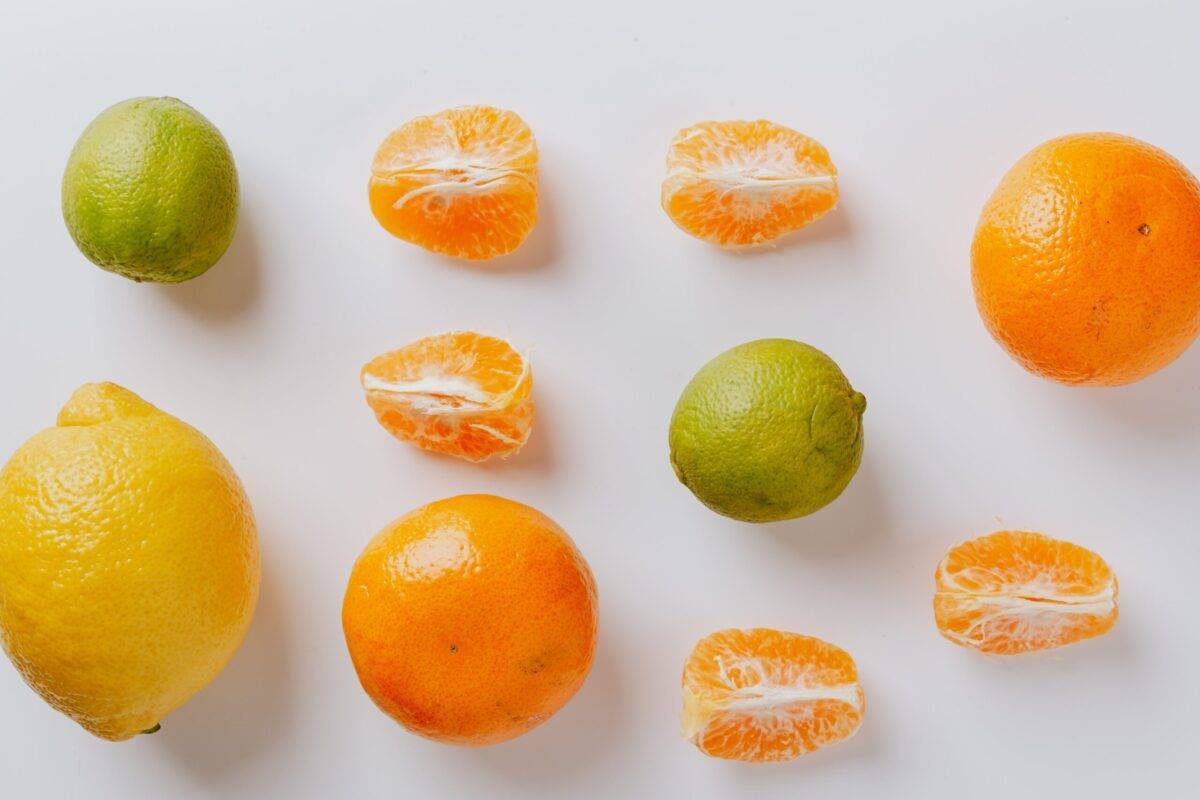The foundation of a fit organism is made up of essential nutrients. They are the nutrients that, despite the fact that our bodies are capable of producing them on their own, they require food in order to operate correctly. For general health, growth, development, and illness protection, essential nutrients are crucial. In this blog article, we’ll look at what important nutrients are, where they should come from, and how they help our bodies function.
What are the essential nutrients?
Important nutrients are those that the body needs in order to expand and develop normally. Essential elements fall into six broad categories: carbs, protein, fat, vitamins, minerals, and water. A lack of any one of these groups can result in health issues because each one of them plays a crucial part in the body.
The macronutrients protein, lipids, and carbohydrates give the organism energy. Micronutrients like vitamins and minerals are needed in tiny quantities and have a variety of functions in the body, including preserving a healthy epidermis, teeth, and bones.
Daily Essential Nutrients
Depending on variables like age, gender, and degree of physical exercise, different essential nutrients must be consumed every day. To help individuals keep a healthy diet, there are daily suggested values for the consumption of each important nutrient.
You can use internet tools like the Essential Nutrients Quizlet or speak with a nutritionist to figure out your daily suggested consumption. For instance, the DV Daily Nutrition recommends that adult males take 130 grammes of carbs, 56 grammes of protein, and at least 11 vitamins and minerals each day.
Recommended Intake Sources
Various meals, including fruits, veggies, meats, dairy products, and grains, contain essential minerals. But it’s crucial to make sure that the food we eat offers a proper intake of the most essential nutrients.
Foods like cereals, fruits, and veggies all contain carbohydrates. Animal goods like meat, eggs, and dairy products as well as plant-based forms like beans and nuts all contain protein. Nuts, seeds, avocados, and rich seafood are all sources of fat. Fruits, veggies, whole grains, and dairy goods contain vitamins and nutrients.
Not all vital nutrients are made identical, which is an important point to remember. Nutrients that are both necessary and non-essential can be found in some foods, such as fruits and veggies. Nutrients that our body can make on its own are considered non-essential. When subjected to sunshine, for instance, the body can create vitamin D; however, it can also be found in foods like fatty seafood and fortified dairy products.
Essential Nutrients in Plants
A diet abundant in plant-based meals has been connected to many health advantages as they are a rich source of important nutrients. Vitamin C, vitamin A, potassium, magnesium, and fibre are just a few of the vital minerals that can be found in vegetation.
Including fruits, veggies, whole grains, nuts, and seeds in your diet can help guarantee that you are consuming a range of important nutrients. Consuming a plant-based diet can also help lower the chance of developing persistent illnesses like diabetes and heart disease.

Our bodies only require trace quantities of vitamins and minerals, which are micronutrients. These minerals have many functions in the body, such as preserving strong bones, epidermis, and teeth. Vitamin C, vitamin D, vitamin E, iron, calcium, and zinc are a few of the most crucial vitamins and minerals.
These vitamin deficiencies can cause illnesses like anaemia, bone loss, and immune system malfunction. You can help ensure that you are receiving a range of vitamins and minerals by eating a healthy diet that is high in fruits, veggies, whole grains, and dairy.
Carbohydrates, Protein, and Fat
The macronutrients protein, fat, and carbohydrates are what give the organism its sustenance. The body uses carbohydrates, which are present in meals like bread, spaghetti, and fruit, as its main source of energy. Protein is a nutrient that is necessary for both the development and healing of cells. It can be obtained from both plant and animal sources, including meat, eggs, and dairy products as well as legumes and nuts. Fat, which is present in nuts, seeds, avocados, rich seafood, and other foods, is crucial for hormone control, cell development, and energy storage.
Not all carbohydrates, proteins, and fats are made identical, it is crucial to remember this. Blood sugar abnormalities and other health issues can result from consuming an excessive amount of refined carbs, such as those found in white bread and sweet beverages. Similarly to this, eating too much-saturated fats, like those in fried meals and prepared meats, can raise your chance of developing heart disease.
It can help to provide prolonged energy throughout the day and to support general health and well-being if you include a reasonable amount of carbohydrates, protein, and healthy fats in your diet.
Non-Essential Nutrients
There are non-essential nutrients in addition to critical nutrients. The nutrients that our body can make on its own or that don’t significantly affect general health are considered non-essential. For instance, seafood and red flesh both contain the non-essential nutrient creatine, which the body also naturally produces.
While some non-essential nutrients, like vitamins, can be beneficial to health, they are not necessary for general well-being. Antioxidants are substances that aid in cellular protection and are present in foods like cherries, dark cocoa, and green tea.
In summary, vital nutrients are the foundation of a healthy diet and give the body the nutrients and energy it requires for optimum performance. Water, vitamins, minerals, protein, fat, carbohydrates, and other nutrients all contribute significantly to general health maintenance and illness prevention. You can help ensure that you are receiving all the necessary minerals your body requires by eating a balanced diet that includes a range of whole foods. Additionally, it’s critical to restrict your intake of processed meals and pay attention to the content of the nutrients you’re taking in. Adopting healthy routines like consistent exercise, tension reduction, and restful sleep can also support optimum health and well-being.
Q&A
What are the 7 most important nutrients?
The seven nutrients that the human body requires most are carbohydrates, protein, fats, vitamins, minerals, water, and fibre. These nutrients are essential for maintaining bodily functions, growth, and development, as well as overall health and well-being. Eating a balanced diet that includes a variety of whole foods is crucial to ensuring an adequate intake of these important nutrients.
What are the five 5 essential nutrients?
The five fundamental components are carbohydrates, protein, fats, vitamins, and minerals. These elements are crucial for maintaining the highest levels of health and well-being, and they also have a significant impact on a number of physiological functions. Eating a balanced diet that includes a variety of whole foods is crucial to ensuring an adequate intake of these important nutrients.
Are there 40 nutrients known to be essential to humans?
The known 40 minerals that are essential for human health do not truly exist. The five essential nutrients needed for optimal health and well-being are carbohydrates, protein, fat, vitamins, and minerals. Eating a balanced diet that includes a variety of whole foods is crucial to ensuring an adequate intake of these important nutrients.
What are the 7 nutrients and their functions?
Carbohydrates, protein, lipids, vitamins, minerals, water, and fibre are the seven basic elements. Protein, fat, and carbohydrates give the body its energy, while vitamins and minerals perform a variety of roles in preserving good bodily processes. Both fibre and water are necessary for hydration and intestinal wellness. Sufficient consumption of these crucial nutrients can be ensured by eating a balanced diet that incorporates a range of whole foods, which can also help to promote general health and well-being.




Black coffee and lemon?
Pingback: Overcoming Procrastination: Tips, Techniques, and Productive Procrastination for Improved Productivity - Revival at 30
Pingback: 5 best vitamins for tiredness and lack of energy - Revival at 30
Pingback: Which Vitamin Deficiency Causes Hair Loss? A Complete Guide - Revival at 30